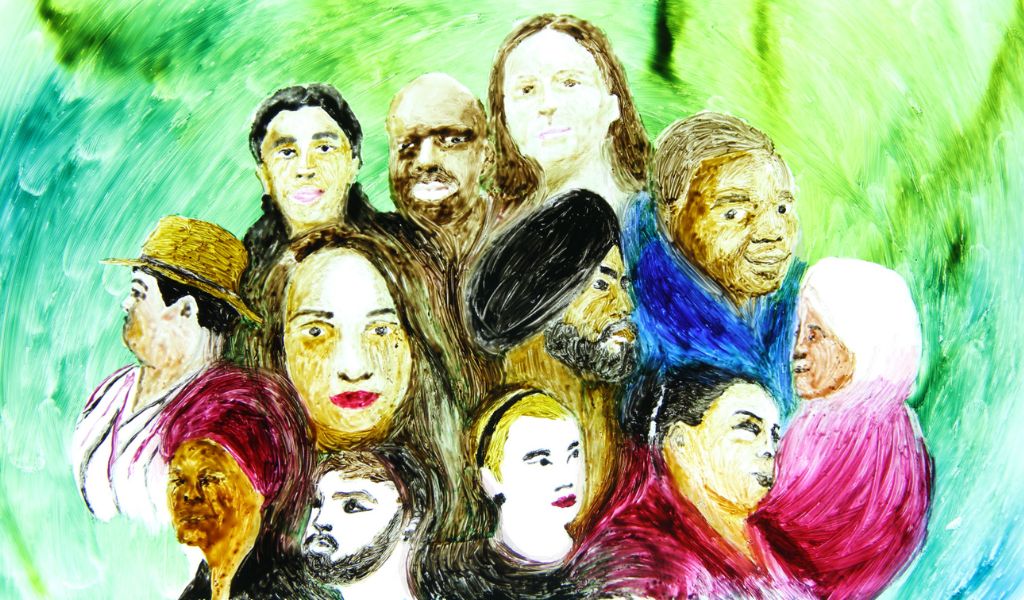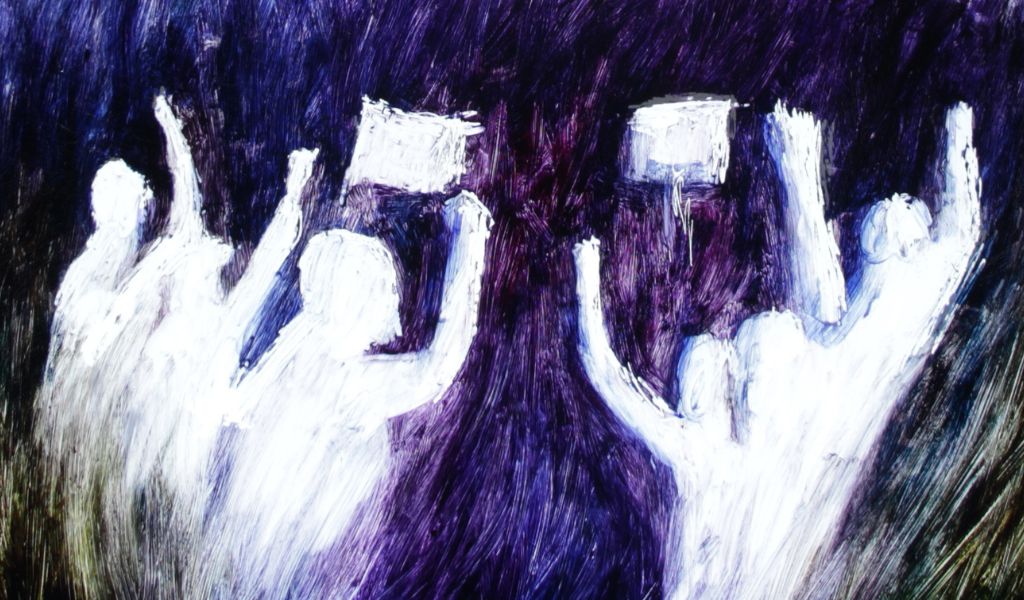Our short film introduces the perspectives of four IDS alumni who studied MA Gender and Development, who all work or study in the area of gender equality.
Read on to find out more about Elena, Clare, Hodges and Raisa, and how their time at IDS influenced their careers.
This film accompanies a new report on ‘Building Solidarities: Gender Justice in a Time of Backlash’ which examines the ways gender equality is under attack globally, putting forward principles for building solidarities for gender justice.
Read more: Building solidarities for gender justice.
Elena Olascoaga
Elena is based on Monterrey, northern Mexico. She graduated from IDS in 2013. She currently works as a consultant, advising companies in the private sector on how they can achieve their gender equality goals. Prior to that, she ran an NGO which worked with volunteer mentors to help women who were the first in their family to go to university.
“Before attending IDS, I never viewed the world through an intersectional lens,” said Elena. “However, since completing my Master’s in Gender and Development, this perspective has become central to my professional practice.
Before IDS, my work with UN Women deeply shaped my perspective, fostering a strong appreciation for the UN’s role in development. However, IDS encouraged me to critically evaluate all actors in development, including the UN itself, broadening my understanding and sharpening my analytical approach.
My time at IDS deepened my understanding of the roles NGOs, companies, and governments play in advancing gender equality. Stakeholder analysis and mapping have since become second nature to me, enabling the design and implementation of effective programmes and strategies at both local and national levels.
Since IDS, my professional practice has consistently been rooted in theory, while theory itself has been shaped by real-world context and practice. This integration has allowed me to create impactful and effective programmes and strategies that not only achieve success but also inspire more allies to join the cause. These allies, in turn, approach their work with greater confidence and an awareness of the power dynamics embedded in every setting.
The education and training I received at IDS in participatory methods have been crucial to my work, particularly in fostering horizontality and inclusive collaboration across actors and sectors.”

Hodges Zacharia
Hodges graduated from IDS in 2020, where he was the only male in a class of 25 people. Everyone else studied the impact on girls, whereas he believes in the importance of exploring how boys are treated. Often men are seen as perpetrators of abuse, or of a patriarchal society, but he argues that men and boys can be victims of this structure and that we need to see men as partners.
He is currently undertaking a PhD at the University of East Anglia, and his research study is entitled ‘Speak up – exploring boys’ disengagement with education in Lake Malawi.’
“My time at IDS was pivotal in shaping my career and intellectual journey,” said Hodges. “A module on Gender Identity and Inclusion left a lasting impact, providing a nuanced understanding of how gender identity intersects with inclusion and exclusion in development, particularly in education. One key concept I encountered was intersectionality, which challenged me to think critically about boys’ disengagement from education.
For a term paper, I argued against viewing boys as a homogenous group, instead highlighting the multiple disadvantages they face. This exercise taught me to interrogate assumptions in scholarship and policy, particularly in literature from sub-Saharan Africa, which often framed boys solely as perpetrators in sexual and reproductive health contexts. This narrow lens inspired my focus on educational inequalities and the desire to amplify boys’ voices in this discourse.
Today, my work continues to build on these foundations, exploring the intersection of gender, education, and policy to address inequalities. IDS equipped me with critical analytical tools and a profound commitment to inclusive development, shaping my trajectory as a researcher and advocate.”

Raisa Phillip
Raisa, who graduated from IDS in 2021, works as a Policy Research & Advocacy Consultant in the field of gender and child rights. She is based in India.
“I was at IDS during the COVID pandemic,” she said. “It was both a privilege and a challenge; I had the opportunity to do one of the best post-graduate programmes in the world despite a pandemic, however, it was hard to do a demanding programme under the restrictions and pressures of a global pandemic.
My top three takeaways from MA Gender & Development are:
- As a practitioner, I was heartened to see how IDS builds, reflects, and rebuilds bridges between academia and programmes around the world aimed at policy making, movement building, funding, de-colonial knowledge development and more, based on human rights principles.
- The ‘Countering backlash and reclaiming gender justice programme at IDS gave me the opportunity to understand the growing coordinated and organised attacks on progress made in gender justice and efforts made to oppose the backlash. This exposure has helped me contribute to research on gender backlash, and work with movements across the global south to strengthen efforts to oppose anti-rights/ anti-gender mobilisation.
- Most importantly, IDS introduced me to an amazing team of teachers, researchers, practitioners, and peers from around the world who share a similar belief in human rights for all. After my time at IDS I have had the privilege of working with many of them in furthering de-colonial feminist approaches to gender justice with activists and movement leaders from the global south.”
Clare Walsh
Clare balanced caring responsibilities for two children whilst standing to be an MP in the UK’s 2024 General Election. Clare graduated from IDS in 2021, and is based in the UK. She feels that abuse in politics is disproportionately targeted towards women, and that the abuse she received would not have been directed at a man. She is an advocate for kinship care, due to her own experiences as a kinship carer (where the child is not cared for by their biological parents, but by someone known to them and their family.)
The film was directed by Simon Ball and Neda Ahmadi. Artwork by Neda Ahmadi.
